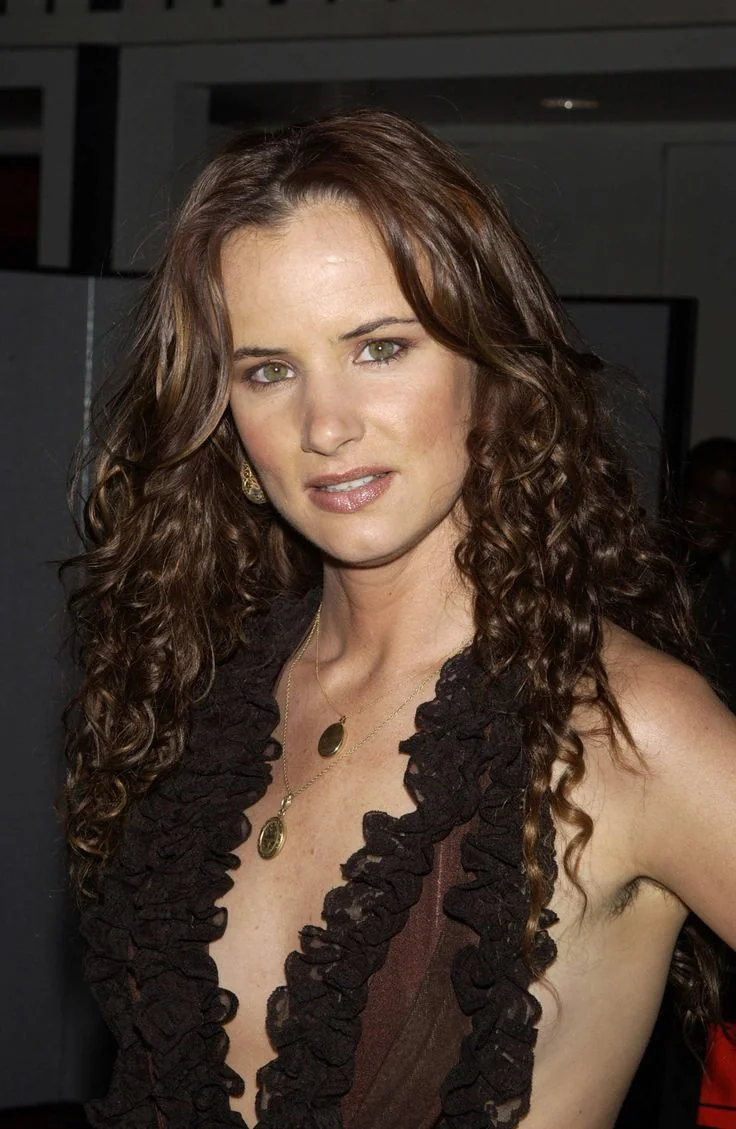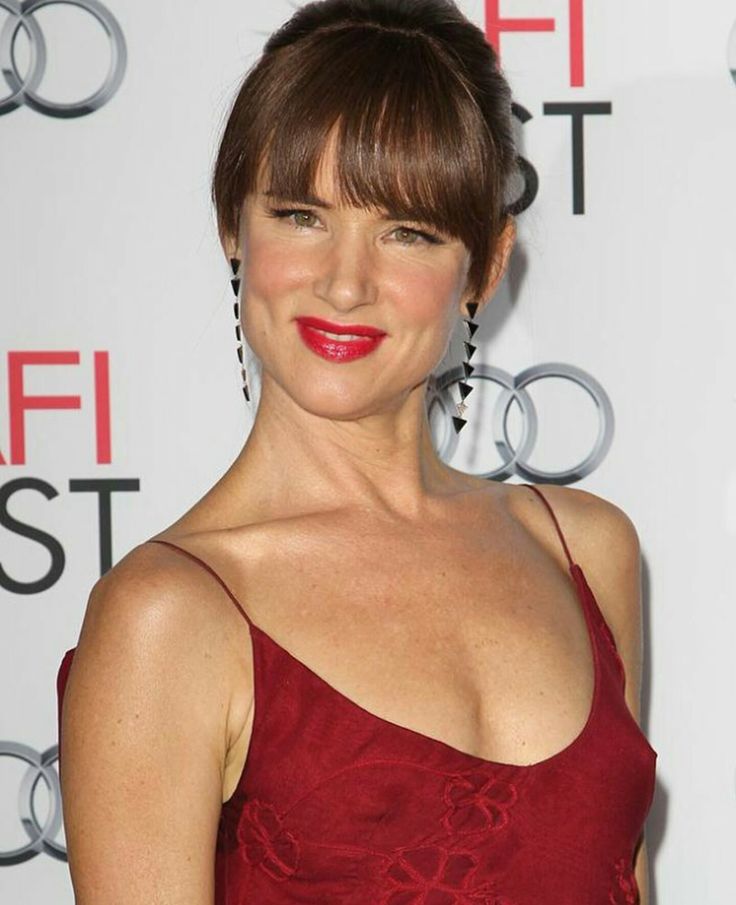


























Introduction to Early Childhood Education Degree
Are you passionate about shaping the minds of tomorrow? If so, embarking on a journey towards an Early Childhood Education Degree could be your ticket to a fulfilling and impactful career. Dive into the world of nurturing young minds and discover the myriad opportunities that await with this specialized degree. Join us as we explore the ins and outs of pursuing an ECE degree and uncover why it might just be the perfect fit for you!
Importance and Benefits of Pursuing an ECE Degree
Are you passionate about shaping young minds and making a positive impact on future generations? Pursuing an Early Childhood Education (ECE) degree could be the perfect path for you.
By earning an ECE degree, you gain invaluable knowledge and skills that are essential for nurturing and educating young children during their crucial developmental years. You will learn effective teaching strategies, child psychology, curriculum development, and classroom management techniques tailored specifically to early learners.
One of the key benefits of obtaining an ECE degree is the opportunity to make a difference in children’s lives at a critical stage when they are forming important social, emotional, and cognitive foundations. As an ECE professional, you have the chance to create a safe and stimulating learning environment where children can thrive and reach their full potential.
Moreover, having an ECE degree opens up various career opportunities in settings such as preschools, daycare centers, elementary schools, community organizations, or even starting your own childcare business. The demand for qualified early childhood educators continues to grow as society recognizes the importance of quality early education in shaping future success.
In addition to personal fulfillment from helping children learn and grow, pursuing an ECE degree can also lead to competitive salaries in this rewarding field. With dedication and passion for working with young children, embarking on this educational journey can truly be fulfilling both personally and professionally.
Types of Early Childhood Education Programs
Early Childhood Education programs come in various forms, catering to different preferences and career goals. One common type is the Associate Degree in ECE, which provides a solid foundation in child development and teaching methods. Bachelor’s Degrees offer more in-depth study and may lead to advanced positions or specialization.
For those looking for flexibility, online ECE programs provide convenience without sacrificing quality education. Certificate programs are ideal for individuals seeking quick entry into the field or wanting to enhance their existing skills. Specialized programs like Montessori or Reggio Emilia focus on specific teaching philosophies.
Some institutions offer hybrid programs that combine online coursework with hands-on experience through internships or practicums. Dual-degree options allow students to earn credentials in both general education and early childhood education simultaneously. It’s essential to research each program’s curriculum, accreditation, and support services before making a decision on which type of ECE program aligns best with your goals.
Coursework and Skills Required for ECE Degree
Embarking on a journey towards an Early Childhood Education Degree involves delving into a diverse range of coursework and refining essential skills. Courses typically cover child development theories, curriculum planning, behavior management strategies, and early literacy instruction.
In addition to academic knowledge, students also focus on developing crucial skills such as effective communication with children and parents, fostering creativity in young minds, creating inclusive learning environments, and adapting teaching methods to cater to individual needs.
Through hands-on experience in practicum placements at childcare centers or preschools, aspiring ECE professionals gain valuable insights into classroom management techniques, observation practices, and the importance of building strong relationships with both children and families.
Furthermore, cultivating patience, empathy, adaptability,
and a passion for nurturing young learners is fundamental for success in the field. Time management skills are also vital when balancing coursework requirements with practical experiences in educational settings.
Career Opportunities for ECE Graduates
As an Early Childhood Education graduate, the career opportunities are diverse and rewarding. Many graduates choose to work as preschool teachers, where they can create engaging lesson plans and foster a love for learning in young children. Others may pursue roles as childcare center directors, overseeing daily operations and ensuring a safe environment for children to thrive.
Some ECE graduates find fulfillment in becoming early intervention specialists, working with children who have developmental delays or disabilities to help them reach their full potential. There are also opportunities in social services agencies, advocating for policies that benefit young children and families in need of support.
With an ECE degree, you could explore positions in curriculum development, educational consulting, or even start your own daycare or enrichment program. The possibilities are endless for those passionate about making a positive impact on the lives of young learners.
Salary Expectations for ECE Professionals
Early Childhood Education professionals can expect a range of salary opportunities depending on factors such as education level, experience, and location. ECE teachers typically earn an average annual salary, while those in management roles or with advanced degrees may command higher pay. In the United States, salaries for ECE professionals can vary based on the state and whether they work in public or private settings.
According to the Bureau of Labor Statistics, the median annual wage for preschool teachers is around $30,520 as of May 2020. However, this number can increase significantly with additional experience and qualifications. ECE professionals who pursue leadership positions like daycare center directors or preschool administrators often earn higher salaries due to their increased responsibilities.
It’s essential for those considering a career in Early Childhood Education to research salary expectations in their desired area to make informed decisions about their educational and career paths. By understanding the potential earnings in this field, aspiring ECE professionals can better plan for their financial future while pursuing their passion for working with young children.
Factors to Consider when Choosing an ECE Program
When considering an Early Childhood Education program, it is essential to look into the accreditation of the institution. Make sure that the program meets national standards and requirements for ECE education.
Another factor to keep in mind is the curriculum offered. Look for a program that covers a wide range of topics related to child development, teaching strategies, and classroom management.
Consider the format of the program as well. Decide whether you prefer online courses, traditional classroom settings, or a combination of both.
Think about your career goals and how the ECE program aligns with them. Choose a program that offers opportunities for hands-on experience through internships or practicum placements.
Don’t forget to consider factors such as location, cost, and flexibility when choosing an ECE program that best suits your needs and aspirations.
Conclusion: Is an Early Childhood Education Degree Right for You?
An Early Childhood Education Degree can open doors to a fulfilling career working with young children and making a positive impact on their lives. If you have a passion for education, love working with children, and want to contribute to shaping their future, pursuing an ECE degree could be the right choice for you. Consider your interests, skills, and career goals when deciding if this path aligns with your aspirations. With the demand for qualified early childhood educators on the rise, now is an excellent time to embark on this rewarding journey in the field of early childhood education.